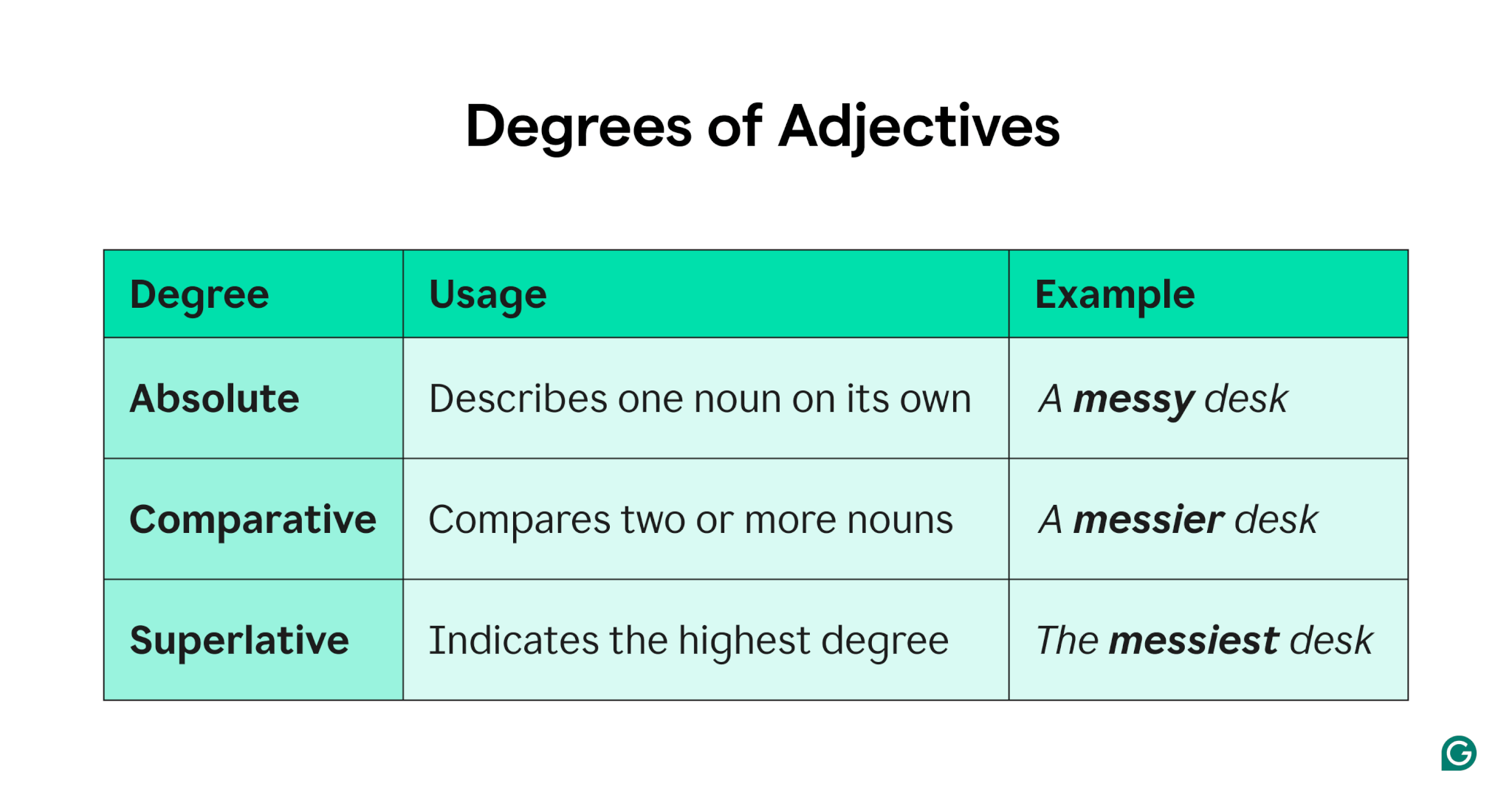Nouns, verbs, and adjectives are the building blocks of language. Understanding their meanings is essential for effective communication. Let’s delve into the definitions of these fundamental parts of speech.
When we speak or write, we use nouns to name people, places, things, or ideas. Verbs, on the other hand, express actions, events, or states of being. Adjectives describe or modify nouns. Each plays a crucial role in forming sentences and conveying information.
Noun, Verb, and Adjective Meaning
Noun: A noun is a word that represents a person, place, thing, or idea. Nouns can be concrete (e.g., table, dog, city) or abstract (e.g., love, freedom, happiness). They serve as the subjects or objects of sentences and provide clarity to our communication.
Verb: A verb is a word that expresses an action (e.g., run, jump, read), an occurrence (e.g., happen, appear, exist), or a state of being (e.g., is, are, were). Verbs are essential for indicating what is happening in a sentence and are often the heart of the action.
Adjective: An adjective is a word that describes or modifies a noun. Adjectives add detail, color, and depth to our language, allowing us to paint vivid pictures with words. They can indicate size (e.g., small, large), color (e.g., red, blue), shape (e.g., round, square), or more abstract qualities (e.g., beautiful, courageous).
By understanding the meanings of nouns, verbs, and adjectives, we can craft clear and compelling sentences that effectively convey our thoughts and emotions. Whether we are telling a story, explaining a concept, or expressing our feelings, these parts of speech are indispensable tools in our linguistic toolbox.
In conclusion, nouns, verbs, and adjectives play distinct roles in language, each contributing to the richness and clarity of our communication. As we continue to hone our understanding of these essential components of speech, we deepen our ability to connect with others and express ourselves with precision and eloquence.
